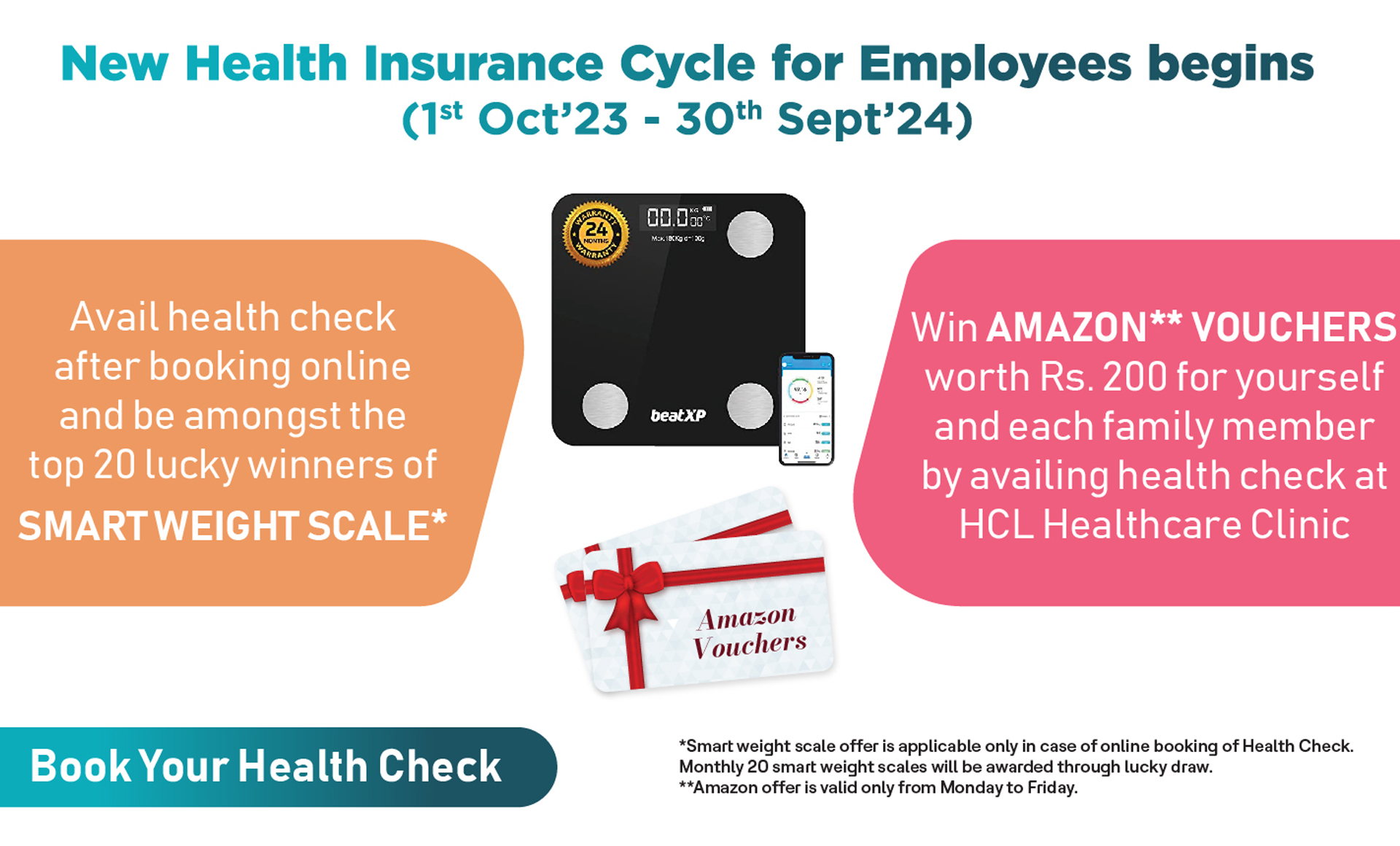In a bustling office, a dedicated IT professional was a familiar sight. Hunched over his laptop, fingers dancing over the keyboard, he embodied the spirit of India’s ambitious corporate sector. His days were long, often stretching over 9 hours, with his focus unwavering from the glowing screen. But as months turned to years, a nagging pain started creeping into his wrists and back.
One day, after waking up with a stiffness that wouldn’t recede, the professional sought the advice of an orthopedician. The diagnosis was not so surprising as the condition was a consequence of prolonged bad posture and sedentary work habits.
The story of this IT professional is not unique but represents a growing issue in the corporate corridors of India: Musculoskeletal Disorders (MSDs).
Decoding the Epidemic:
While the IT professional’s journey from diagnosis to understanding its implications was fraught with anxiety, it shed light on an unsettling reality. A staggering 64% of India’s corporate workforce, like the IT professional, remain seated for over 9 hours daily, immersed in their digital tasks. The repercussions, though often subtle initially, manifest as MSDs. Symptoms like neck pain (80%), wrist discomfort (45%), and lower backaches (75%) become an unwelcome part of their daily life. Particularly alarming is that 95% of these professionals are unaware of the impending risks tied to their sedentary routines.
A Ticking Time Bomb:
The implications are wide-reaching. With the WHO highlighting a rise in MSDs, particularly in countries like India, it’s clear this isn’t just about individual health. Businesses too feel the brunt, as 12% of employees like the IT professional find themselves taking leaves, leading to reduced productivity and affecting the bottom line.
Eradicating the Threat:
The genesis of MSDs, while multifaceted, primarily revolves around prolonged sitting, poor ergonomics, repetitive tasks, elevated stress levels, and limited physical breaks. Recognizing these root causes is the cornerstone to framing effective preventative and corrective strategies.
A Call for Action:
Combatting MSDs mandates a concerted effort from both the individual and corporate entities. For the individual, as evident in the IT professional’s experience, it begins with a shift in personal habits and daily routines. The orthopedician’s prescription for him involved taking regular microbreaks, maybe every hour, to stand, stretch, and walk around. These breaks not only rejuvenate the body but also refresh the mind, leading to increased concentration.
Additionally, integrating physical activity into daily life, be it simple exercises or adopting practices like yoga, can be a preventive measure against MSDs. A balanced diet, rich in anti-inflammatory foods and nutrients, can also help in combating the effects of these disorders.
On the other hand, corporations, as the primary spaces where these issues burgeon, need to recognize their crucial role in this battle. Companies should invest in ergonomically designed workstations, ensuring that the employees have chairs that support the contour of their spine, desks at the right height, and computer screens positioned to reduce neck strain. Periodic workshops on ergonomics can educate employees on maintaining the right posture and using equipment correctly.
Further, fostering a culture that prioritizes health is essential. Initiatives could range from introducing corporate wellness programs, having in-house physiotherapists, to promoting work-from-home flexibility, which allows employees to work in more comfortable settings.
Lastly, awareness is the cornerstone of any significant change. Regular health check-ups, discussions, and seminars can highlight the importance of musculoskeletal health and ways to enhance it.
The narrative of the IT professional is not an isolated one but resonates with countless others in India’s vast corporate sector. Recognizing and addressing MSDs is not just about enhancing productivity; it’s about valuing human resources and ensuring their holistic well-being.
By taking informed and proactive measures, we can indeed script healthier, more fulfilling professional journeys for many.







